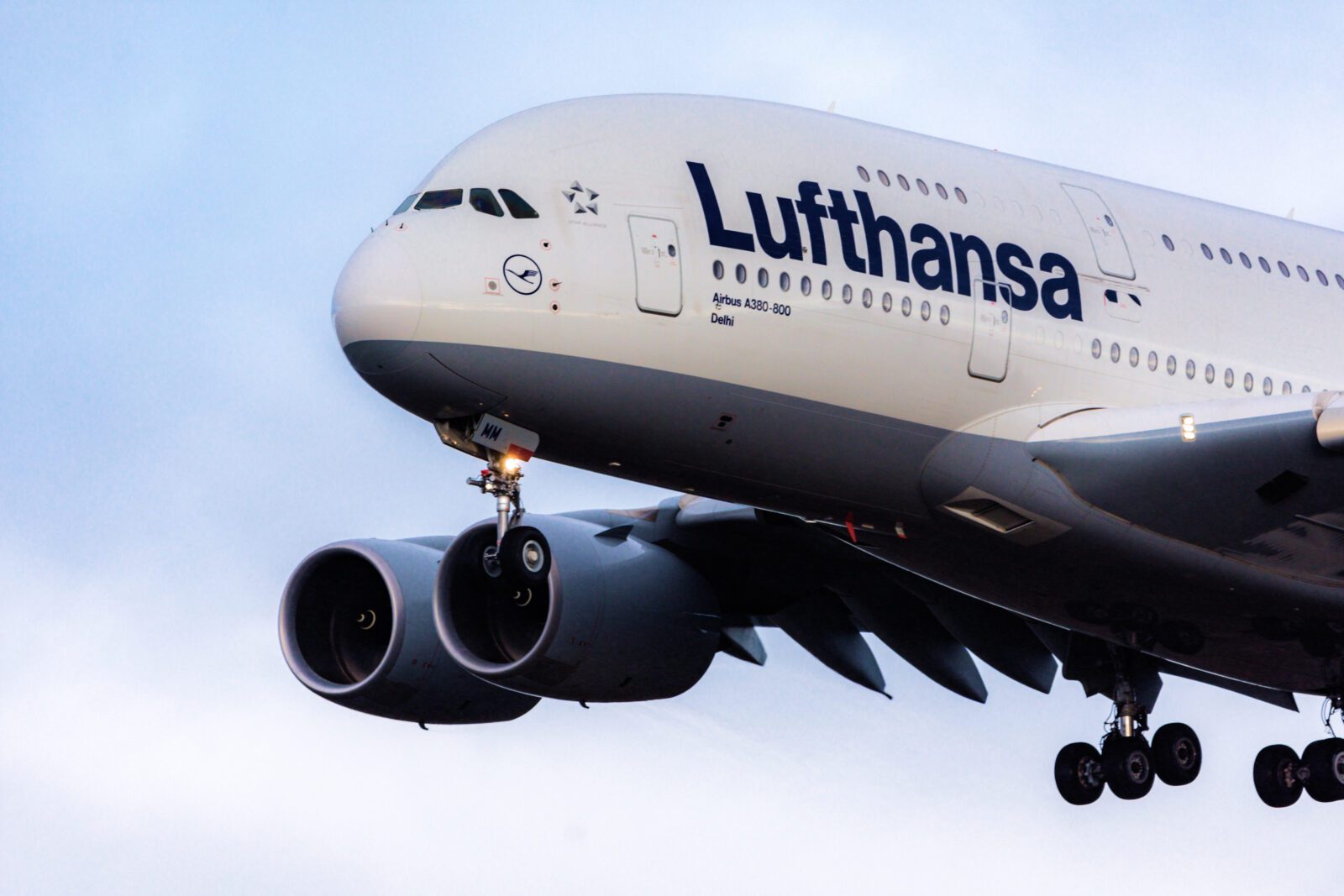
German flag carrier Lufthansa is to pass on the cost of going green by adding a new environmental surcharge on many of its tickets from June 26, 2024.
The new surcharge, which will range from just €1 to €72 depending on the type of ticket purchased, will apply to flights departing from all European Union countries, as well as the United Kingdom, Norway and Switzerland.
The surcharge will apply per segment, so a return flight between Germany and the United Kingdom would have the surcharge applied twice, whereas a return flight between Germany and the United States would only have the surcharge applied on the outbound flight from Germany.
This new environmental charge doesn’t just apply to Lufthansa but also all the other airlines that the Lufthansa Group owns, which includes mainline carriers Austrian, SWISS and Brussels Airlines, as well as subsidiaries such as Eurowings, Discover, Lufthansa City and Lufthansa CityLines.
Passengers travelling in Economy Class on a short-haul flight will be charged between €1 and €5 to help Lufthansa offset the cost of going green, whereas a First Class ticket on a long-haul flight will attract a surcharge between €36 and €72.
Lufthansa says the surcharge will help it buy sustainable aviation fuel (SAF) – which is currently much more expensive than regular jet fuel. The surcharge will also cover other legislative environmental policies.
The airline group is one of many carriers that has committed to achieving new zero by 2050, with the International Air Transportation Association (IATA) estimating that SAF will contribute 65% of CO2 savings to hit this target.
Currently, SAF is only available in very limited quantities, and most aviation regulators require the small amount of SAF that is available to be blended with regular jet fuel.
The aviation industry had been hoping that fuel companies would move faster to ramp up production of SAF, but it appears that airlines will have to invest much more of their own money to make flights powered purely by sustainable aviation fuel a reality.
IATA estimates that the infrastructure to support 100% SAF-powered flights won’t be in place until around 20245 and that it will cost the industry around $5 trillion to achieve net zero by 2050.
Related
Mateusz Maszczynski honed his skills as an international flight attendant at the most prominent airline in the Middle East and has been flying ever since... most recently for a well known European airline. Matt is passionate about the aviation industry and has become an expert in passenger experience and human-centric stories. Always keeping an ear close to the ground, Matt's industry insights, analysis and news coverage is frequently relied upon by some of the biggest names in journalism.







